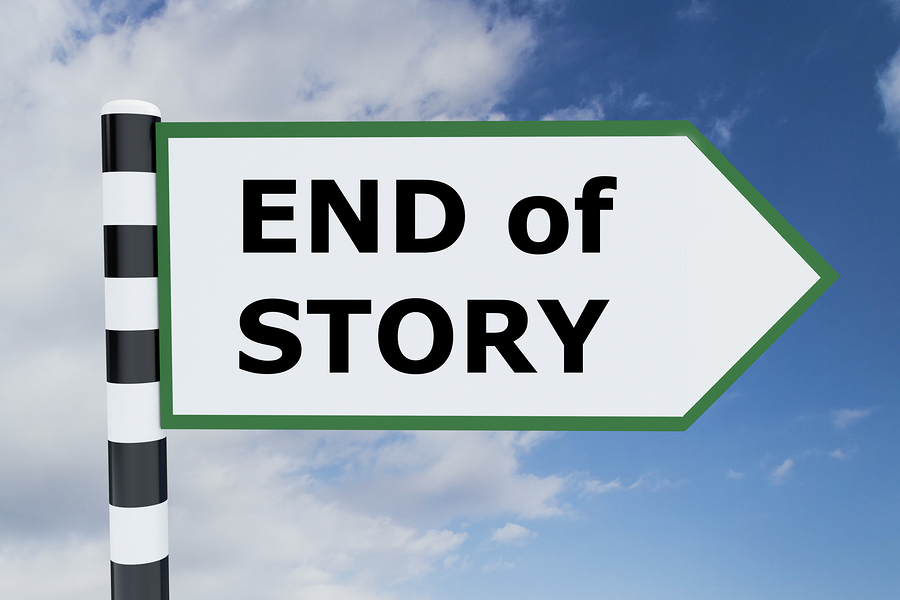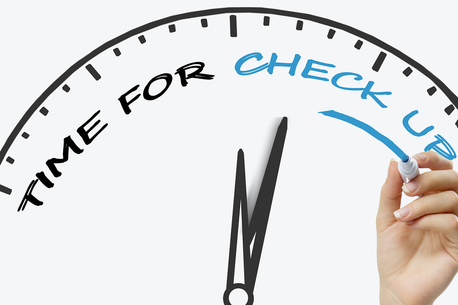|
IF YOU WERE OFFERED A FREE SEMINARWhat would you like to learn? Seminars can be a great way to learn new things and meet people who share your interests. We would like your feedback. Please let us know what would peek your interest enough to attend a free seminar. Please take a couple of minutes to complete the survey. THANKS!
1 Comment
"I can't keep doing this."
"I can't continue." "I can't change him/her." Hardly a day goes by without hearing one of my clients say they can't keep doing what they are doing. Yet, they continue for weeks, months and sometimes years doing the thing they say they can't do. When I hear someone say they can't continue, my immediate internal response is often, "Well, of course you can continue. You've been doing this for a very long time without much let-up. Why should we think you can't do it now?" I'm inclined to think they aren't taking what they've said seriously. Conventional wisdom suggests "can't" is a negative, defeating word. We are taught to think in terms of the possible and avoid thinking about the impossible. Most of us grew up with some version of the children's book, "The Little Engine That Could." As a result, there's something woven into our psyche that tells us we can do anything we put our minds to--all we have to do is think positively. Like the little engine that could we join the mantra, "I think I can. I think I can. I think I can." The net result is an abiding belief that there really are no limits to what is possible. It strikes me that, although there may be a way anything is possible, life comes with some indisputable limits. Lately, I've been asking people to listen carefully to what they are saying when they use the word, "can't." I ask them to listen and try taking what they are saying seriously. I suggest this because "can't" has the potential for being a powerful, liberating and even positive word. If I genuinely can't do something there is no longer any struggle. Trying no longer has a point. Things become quite peaceful. "Can't" brings with it the experience of letting go. It closes a door thoroughly and completely. And, by closing that door it offers the opportunity for another door to open--thoroughly and completely. "Can't," if taken seriously, eliminates ambiguity and creates a space for clarity. Sometimes I think we avoid taking "can't" seriously because we're afraid of the clarity it brings. We don't have the faith necessary to believe the door that will open thoroughly, completely and unambiguously is exactly the one that wants to open. There's a scene in the classic movie, The African Queen, where Humphrey Bogart and Katherine Hepburn have the following exchange.
Charlie Allnut: A man takes a drop too much once in a while, it's only human nature. Rose Sayer: Nature, Mr. Allnut, is what we are put in this world to rise above. The more I work with people the more this perspective seems legitimate. There are many things that call us to act beyond what comes naturally. These things are usually foundational in our lives and even in history. Parenting, marriage, war, genuinely helping our neighbor are a few of the life circumstances that require an ability to, at least occasionally, do things that don't come naturally. Marriage, or a long-term intimate relationship, frequently calls us to set aside natural inclinations in favor of compassion and patience. It's easy to demand our hurts be validated. It's easy to take the opportunity to subtly exact revenge. It's easy to look outside the marriage for support and solace when needs aren't met within the marriage. It's easy to clam up and protect one's self when, out of hurt and fear, our partner lashes out. These are all "natural" responses to the common disappointments partners experience. The hard and necessary response is often the "unnatural" response. Receiving a partner's anger with compassion, patience and even open arms is likely what will change the situation dramatically. Alas, most of us aren't grown up enough to set aside our natural response in favor of the better response. But, that's one of the basic functions of marriage--offering an opportunity to grow up. We've added a little quiz to the website. It's designed to help you identify the strengths and weaknesses of your relationship. It might not tell you anything you don't already know but it will certainly help you label what's going on and, as a result, help you to know where to start making the changes you'd like to make. The quiz can be particularly useful if you and your partner compare your answers. By comparing answers you will quickly see agreement and disagreement on what needs to change. Click on the button below to begin taking the quiz. |
AuthorshipThese posts are written by Jake Thiessen, PhD, co-founder of Couples at Crossroads. We hope you find them interesting, helpful and maybe provocative. Please feel free to comment on them. Archives
September 2018
Categories |





 RSS Feed
RSS Feed